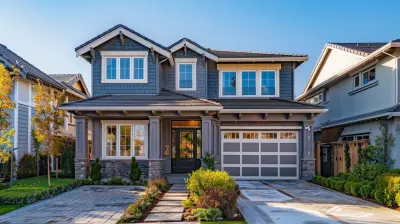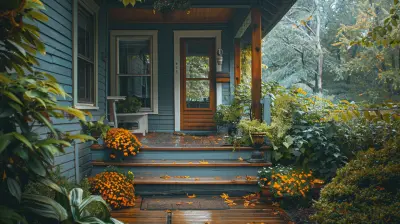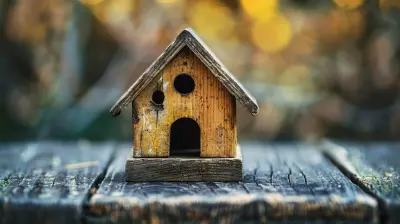The Role of Homeowner’s Insurance for First-Time Buyers
20 November 2025
Buying your first home is an exciting milestone, but before you pop the champagne, there’s one crucial thing you need to lock down—homeowner’s insurance. Yep, it might not be the most thrilling part of homeownership, but trust me, you’ll be glad you have it when life throws a curveball.
So, what’s the big deal with homeowner’s insurance? Why do first-time buyers need it, and how does it actually protect you? Buckle up because we're diving deep into why this isn’t just another bureaucratic headache but an absolute must-have for first-time homeowners. 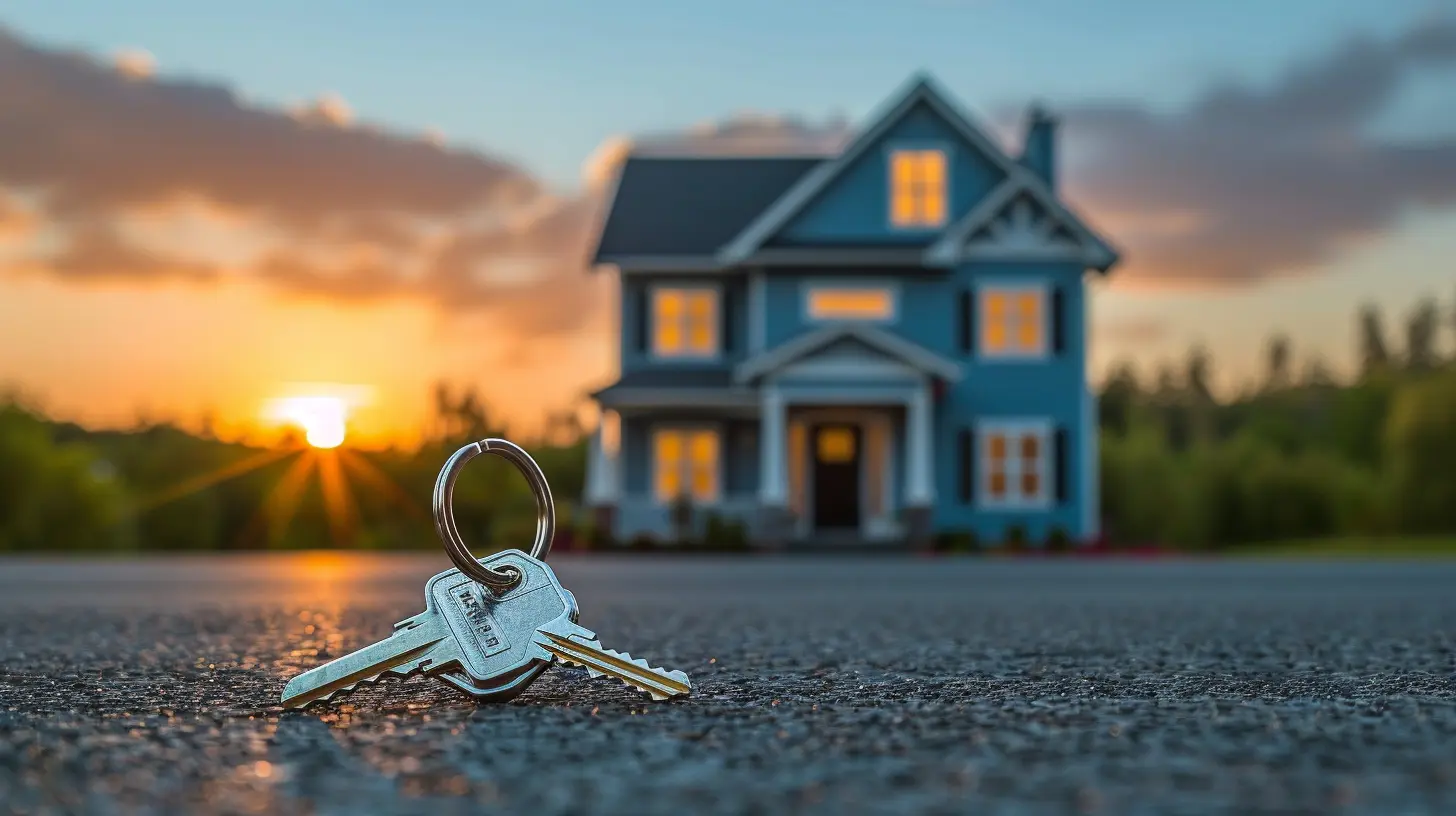
🔥 Why Homeowner’s Insurance is Non-Negotiable
Picture this: You’ve just moved into your dream home. You’re all set with cozy furniture, a stocked fridge, and that perfectly placed TV for binge-watching your favorite shows. Then—bam!—a storm rips through your neighborhood, leaving a tree in your living room. What now?Without homeowner’s insurance, you’re paying out of pocket for every repair, replacement, and possibly even temporary lodging. And let’s be real—who has thousands of dollars lying around just in case of disaster? That’s where homeowner’s insurance steps in to save the day.
If you’re financing your home with a mortgage, your lender will require you to have insurance. Why? Because they want to protect their investment, and you should too. It’s like putting a seatbelt on your biggest financial asset—it just makes sense. 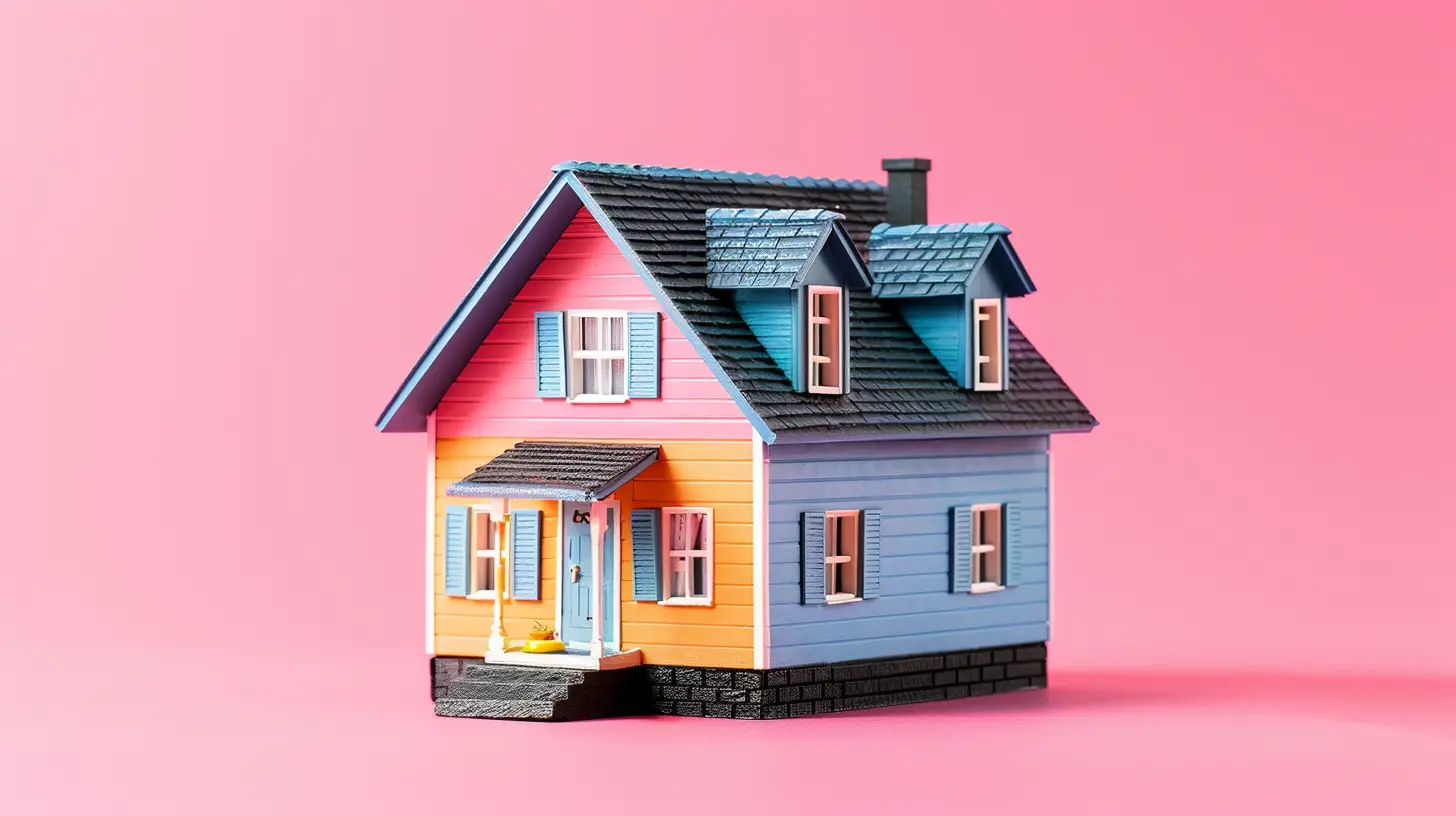
🛡️ What Does Homeowner’s Insurance Cover?
Not all policies are created equal, but most standard homeowner’s insurance plans cover:1️⃣ Property Damage
This is the big one. If your home gets damaged by fire, storms, vandalism, or other disasters (except floods and earthquakes—more on that later), your insurance helps cover repairs or even rebuilding costs.2️⃣ Personal Belongings
Think about everything in your home—furniture, electronics, clothes, appliances. Now, imagine losing it all to a fire or theft. Homeowner’s insurance helps replace your belongings, so you don’t have to start from scratch.3️⃣ Liability Protection
What if someone slips on your icy walkway and decides to sue? Or if your dog gets a little too friendly and bites a neighbor? Liability coverage protects you from legal headaches and medical bills if someone gets injured on your property.4️⃣ Additional Living Expenses (ALE)
If a disaster makes your home unlivable, your insurance can cover hotel stays, restaurant meals, and even temporary rentals while your house is being repaired. Because crashing on your friend’s couch for months isn’t ideal, right?❗ What’s Usually NOT Covered?
- Floods – You’ll need separate flood insurance.- Earthquakes – Another separate policy required.
- Regular Wear & Tear – Insurance isn’t a maintenance plan, so keep up with home repairs.
- Certain High-Value Items – Jewelry, art, and collectibles may need extra coverage.
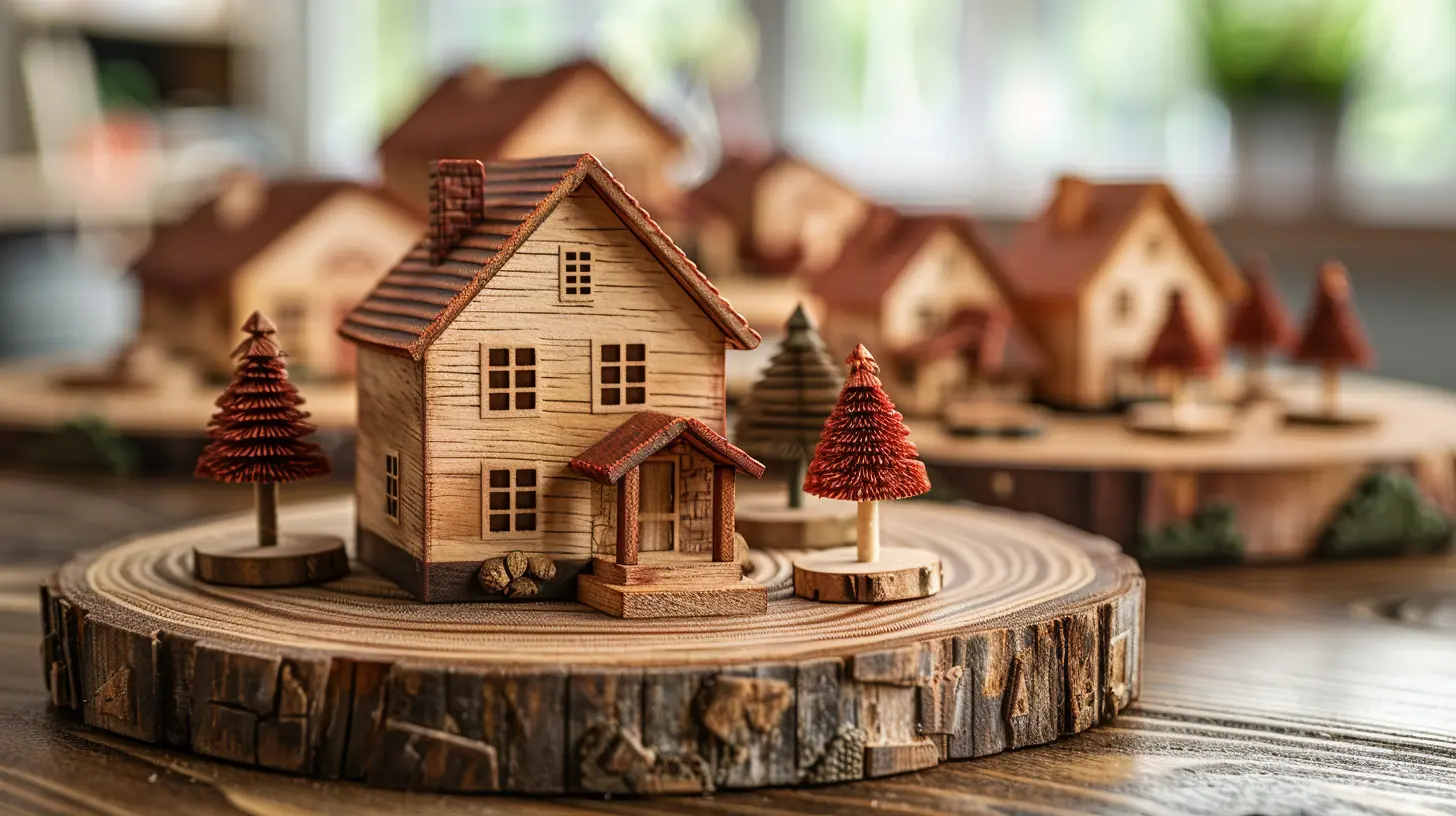
💸 How Much Does Homeowner’s Insurance Cost?
The cost depends on a few factors like:✔️ The location of your home (Is it in a flood zone? High-crime area?)
✔️ The value of your home and belongings
✔️ Your credit score and claims history
✔️ The type of coverage and deductible you choose
On average, homeowner’s insurance costs $1,200 to $2,500 per year, but this varies greatly depending on where you live. States prone to natural disasters will generally cost more.
Want to save some cash? Bundle your home and auto insurance, raise your deductible, and install security systems to lower your premium. 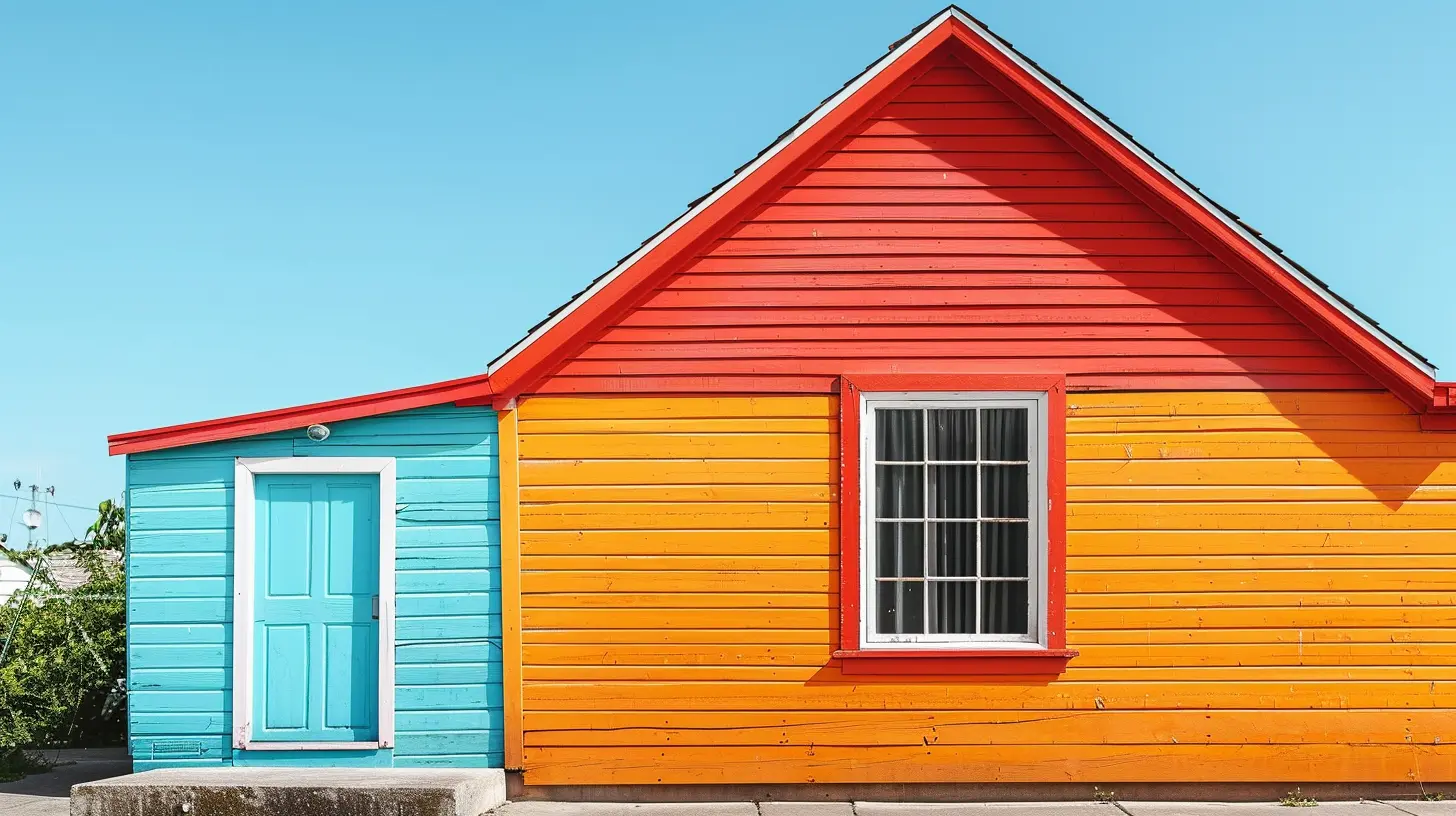
🏡 Is Homeowner’s Insurance Really Worth It?
Let’s be real—some people roll the dice and go without insurance, especially if they’ve paid off their house. But that’s like driving without car insurance and hoping you never get in an accident.Imagine losing your home in a fire. Could you afford to rebuild it out of pocket? If the answer is no, then yes—homeowner’s insurance is absolutely worth it.
And even if nothing catastrophic ever happens (fingers crossed!), your peace of mind alone is worth the investment. You sleep better knowing that if disaster strikes, you’re covered.
📝 Tips for First-Time Buyers Shopping for Homeowner’s Insurance
✅ 1. Compare Multiple Quotes
Don’t just go with the first insurance company your lender suggests. Shop around, compare prices, and look at reviews to find the best balance of coverage and affordability.✅ 2. Understand Replacement Cost vs. Actual Cash Value
- Replacement Cost: Covers the full cost to rebuild or replace your home and belongings.- Actual Cash Value: Only covers what your home and belongings are worth today (depreciation included).
Go with replacement cost if you can—it’s usually worth the extra money.
✅ 3. Check Policy Limits & Exclusions
Some policies cap how much they’ll pay for certain items like jewelry or electronics. If you own expensive items, get additional coverage.✅ 4. Ask About Discounts
Many insurers offer discounts for:✔️ Having smoke detectors & security systems
✔️ Being claim-free for a certain time
✔️ Bundling home and auto insurance
✔️ Upgrading your home’s electrical and plumbing systems
✅ 5. Read the Fine Print
Don’t just skim your policy—read every detail. Understand what’s covered, what’s excluded, and how the claims process works. The last thing you want is a nasty surprise when you need to file a claim.🚨 What to Do When You Need to File a Claim
Disaster strikes. Now what? Here’s the step-by-step process:1️⃣ Document Everything – Take pictures of damages before making repairs.
2️⃣ Contact Your Insurer ASAP – The sooner, the better.
3️⃣ Provide Proof of Loss – Submit receipts, photos, and an itemized list of damaged belongings.
4️⃣ Meet with the Adjuster – They’ll assess damage and determine the payout.
5️⃣ Get Quotes for Repairs – Don’t accept the first estimate—shop around.
6️⃣ Receive Your Payout – Use it wisely to restore your home.
Pro Tip: Stay organized and keep all communication with your insurance company in writing.
💡 Final Thoughts
Look, homeownership comes with enough responsibilities—don’t add unnecessary stress by skipping out on homeowner’s insurance. You worked hard for your home, and protecting it should be a no-brainer.Yes, it’s an extra expense, but the cost of not having it could be far greater. Whether it’s a burst pipe, a break-in, or a full-blown disaster, homeowner’s insurance has your back when you need it most.
So, before you settle into your new home, make sure you’ve got the right coverage in place. A little planning today can save you a massive headache (and a ton of cash) down the road.
all images in this post were generated using AI tools
Category:
First Time Home BuyersAuthor:

Cynthia Wilkins
Discussion
rate this article
1 comments
Katie Murphy
Homeowner's insurance isn't just a safety net; it’s the unseen guardian of your dreams. For first-time buyers, understanding its intricate web of coverage can reveal hidden truths about property ownership. What secrets lie behind the fine print? As you embark on this journey, remember: protection often comes wrapped in mystery.
November 21, 2025 at 1:32 PM

Cynthia Wilkins
Thank you for your insightful comment! You're right—homeowner's insurance is essential for first-time buyers, offering both protection and peace of mind. Understanding the details can truly empower new homeowners.
